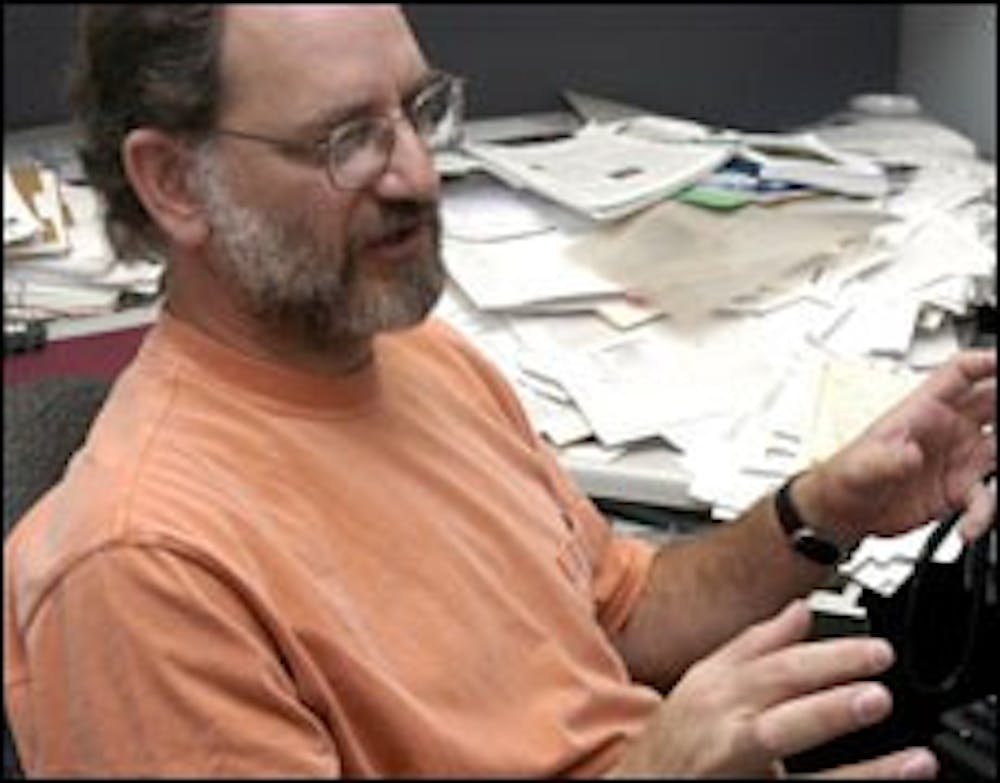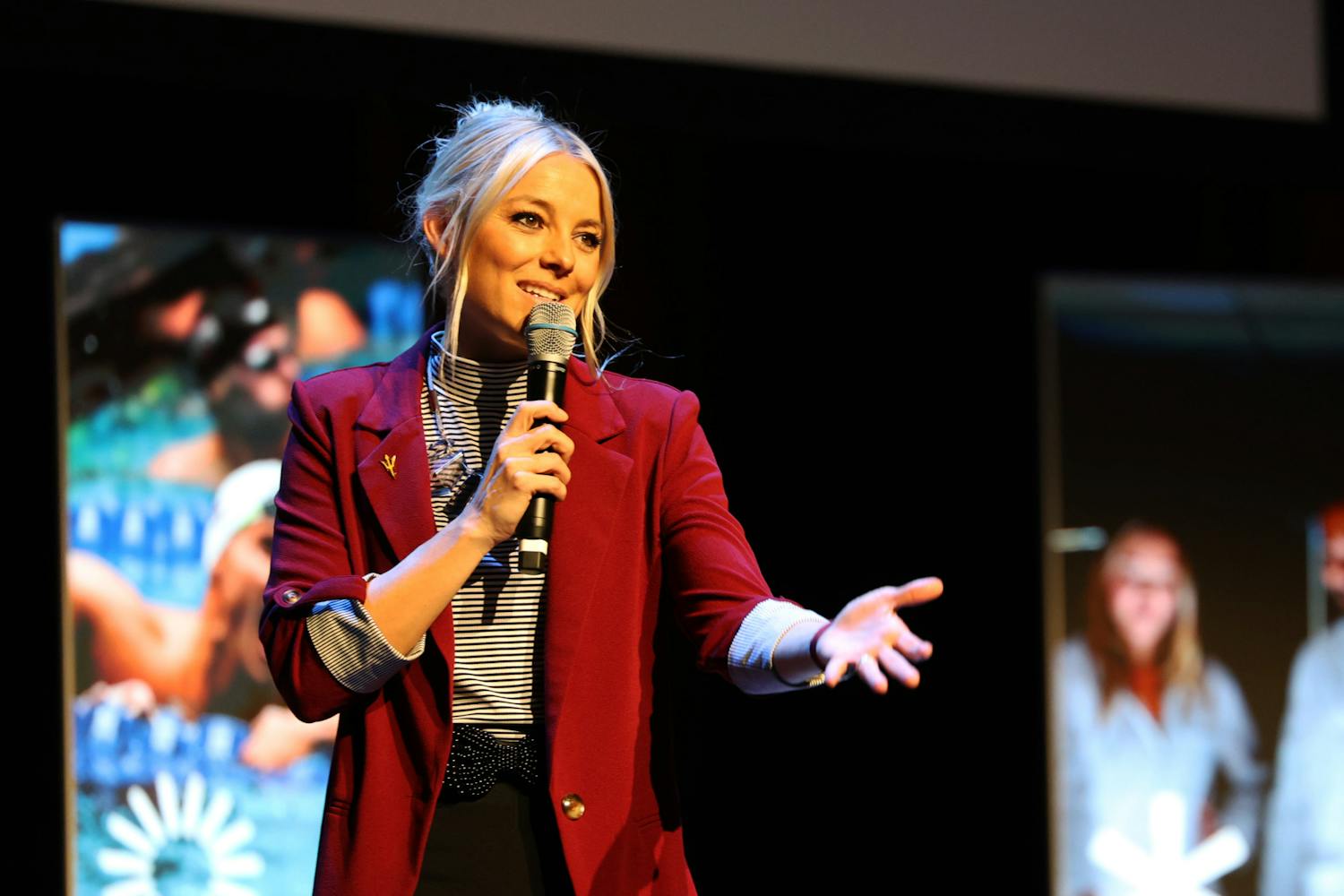Smallpox and HIV can be devastating, but thanks to the work of an ASU professor, the future could hold vaccinations for both.
Dr. Bertram Jacobs, ASU virologist, has spent his first year of a 5-year, $5.5 million grant to modify the current smallpox vaccination
Jacobs, who has worked at ASU since 1985 and came from the University of California Berkley, where he conducted five years of post-doctorate research, said he has been studying the smallpox vaccination for approximately 15 years.
"There are two aspects to my life's work," said Jacobs. "One is making safe, affordable vaccines for developing countries, and my other life's work is HIV education."
The current smallpox vaccination is effective in immunity, but a small percentage of people can have negative and possibly fatal side effects because the vaccination relies on a live vaccinia, formerly called "cow pox" said ASU spokesman Jim Hathaway.
"The grant is to re-engineer the vaccinia," Hathaway said. "Basically, he will build in genes for some kind of antibiotic control. If the vaccination is given to someone and they have a bad reaction, they can be given an antibiotic right away."
The vaccination that Jacobs is working on will be identical in its effectiveness to the current vaccination, but the negative effects of the vaccination will be treatable.
But another goal is to use the smallpox vaccine as a platform for other diseases, such as HIV.
Jacobs has been co-instructing an HIV education class since 1966 with Dr. Greg Shrader.
In the class, Jacobs teaches the biology of the disease, while Shrader teaches the psychological aspects of it.
"Dr. Jacobs and I inherited the oversight of the HIV and AIDS in America course several years ago," said Shrader. "I have constantly been impressed with Dr. Jacobs' commitment to the nontraditional course and all challenges it has presented, and, overall, to his commitment to offering ASU students this invaluable HIV prevention resource."
Instructing this course has lead to Jacobs traveling to Africa with 20 ASU and UA students with Students for International Change for eight weeks where students are educated about HIV and then teach about it in schools.
"Going to Africa was the biggest eye opener," Jacobs said, "You walk down the street and every third person you meet is probably infected. So to go in there and start teaching HIV education to young kids, you know you're saving lives. I have no question that we saved lives there this summer."
In the past, Jacobs also worked to use the smallpox vaccine technology to make an HIV vaccine. Though that grant is over, Jacobs said he hopes to find new funding for it.
Jacobs is not researching these complex issues on his own -- there are currently 200 to 300 undergraduate students in the lab and eight gradate students aiding him in his studies.
Through this research, students are able to research cutting-edge issues.
"The years I spent in Dr. Jacobs' lab as a student gave me an excellent foundation for the work I did as a post-doc at [the National Institute of Health] following my graduation from ASU," said ASU researcher Karen Kibler.
Jacobs said he enjoys the work that he does and feels lucky to do it.
"I can't imagine having a better job than I have," Jacobs said. "I get to teach, I love teaching and I love researching, and I get to do research. I get to do the two things in life that I love doing."
Reach the reporter at katherine.ruark@asu.edu.




